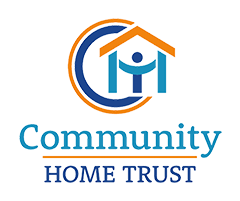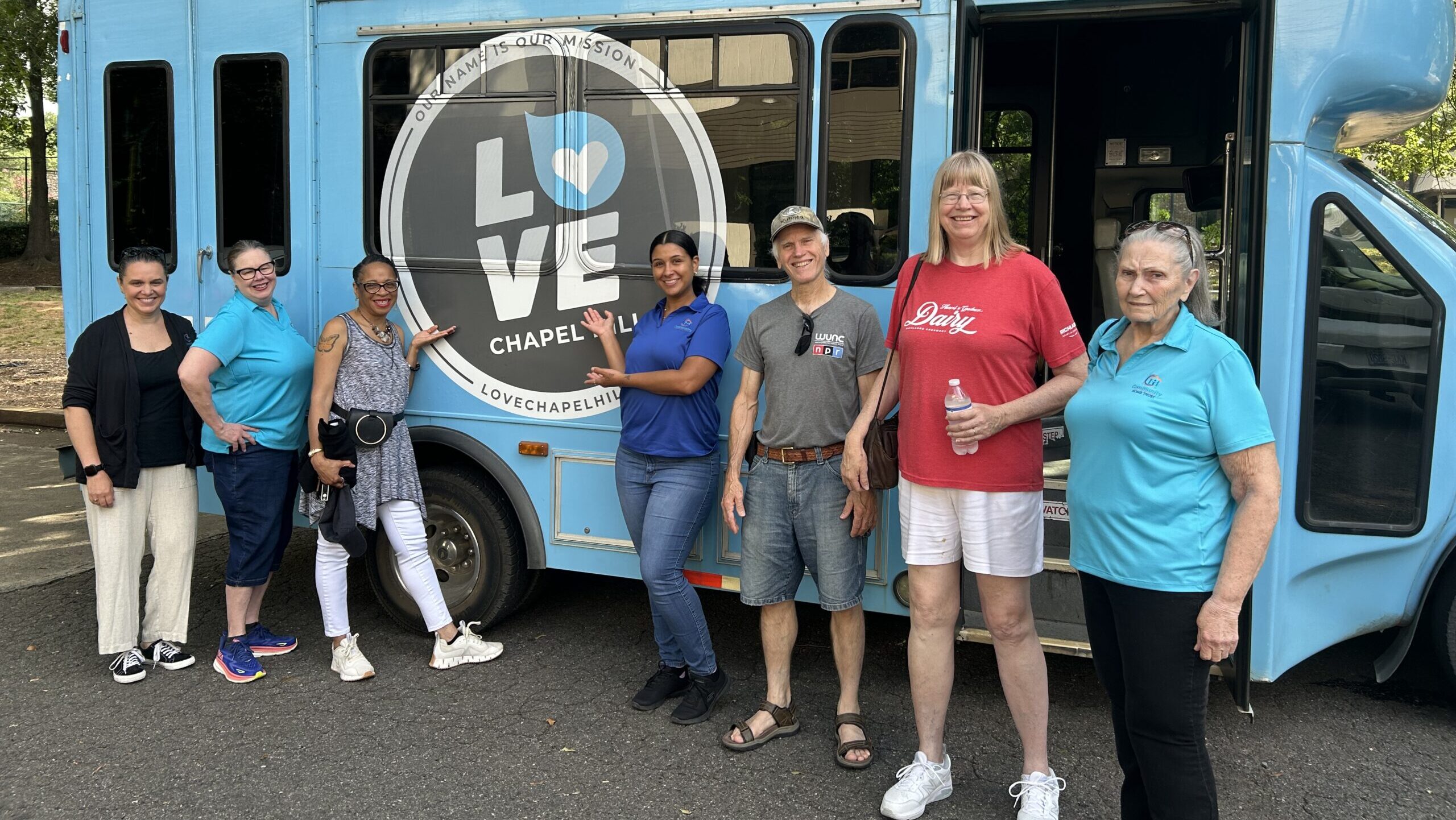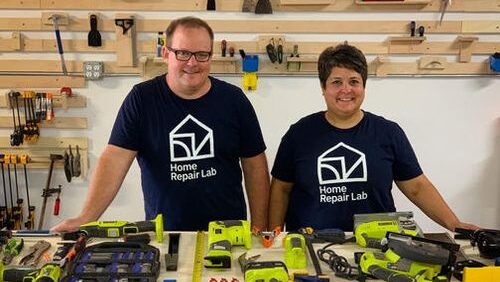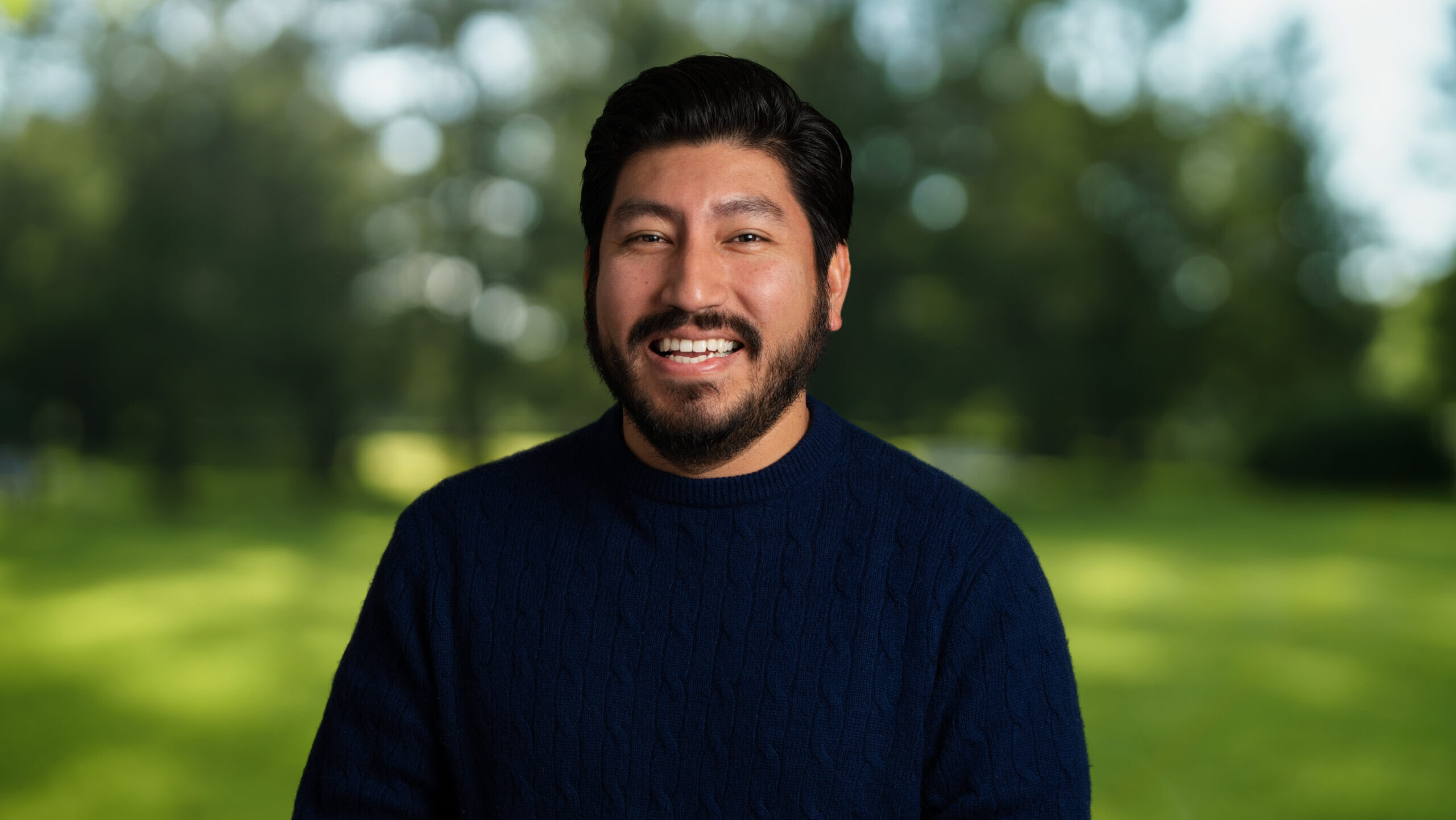Latinx Challenges

By Ivelisse Mercado, Community Engagement and Outreach Coordinator
I had the privilege of attending Racial Equity Institute (REI) Organizing Against Racism (OAR) Latinx Challenges workshop earlier this year. REI was founded and grew out of Greensboro, NC and has now expanded throughout the United Stated offering trainings and workshops confronting racism. Participating in REI OAR Latinx Challenges allowed me to expand on my knowledge of racism and how it directly impacts the Latinx community.
One of the most important aspects of trainings related to Racial and Diversity Equity and Inclusion is to understand that there is no magic solution, the solutions come from small daily impacts and awareness. I am grateful for the opportunity to be faced with the realities of racism and how I can take this knowledge and apply it to better impact my community. Racism affects all people. There are a few key takeaways that I gathered from attending the REI OAR Latinx Challenges workshop.
A main component of REI and OAR is the concept of organizing. Organizing involves communication, concise information, community, structure, and much more. When organizing, REI and OAR stress the importance of making communication accessible. I believe this concept directly relates to the Latinx community, amongst other cultures/communities, of which English may not their native language. Language and the lack of resources available in multiple languages is a barrier. At Community Home Trust, it is a priority to make information accessible. In order to organize and share information it is our responsibility as active members of our community to ensure that the resources and information can be consumed in ways that target that barrier.
When dealing with any services related to the community it’s important to collect data to reflect and gauge what populations you are reaching. It is also pertinent not to create solutions based on checked boxes. The idea of inclusivity involves more than language, race, age, and ethnicity. Creating solutions and equitable practices demands a broader understanding of individuals, experiences, and cultures. In order to best service our community, we must put forth thought into how to connect with each other. Filling out applications or surveys can be troublesome for the Latinx community as the question of Race versus Ethnicity may not always reflect the individual’s experience or cultural identity. Therefore, when collecting data, it is important to keep in mind that the data collected may not be a true reflection of the people you are reaching.
Community Home Trust’s mission is centered around providing affordable housing solutions to diverse populations. In doing so, we must operate with intentionality and a willingness to grow. According to the 2020 US census, North Carolina is ranked among the top 20 states for overall diversity. Overall diversity includes categories such as: socioeconomic, cultural, household, religious, economic, and political. You can learn more about this collection of data here.
Institutions and organizations such as Racial Equity Institute and Organizing Against Racism exist to provide education and challenge systems. I highly recommend their workshops to everyone who is willing to challenge those systems and implement change.
https://www.oaralliance.org/workshops





